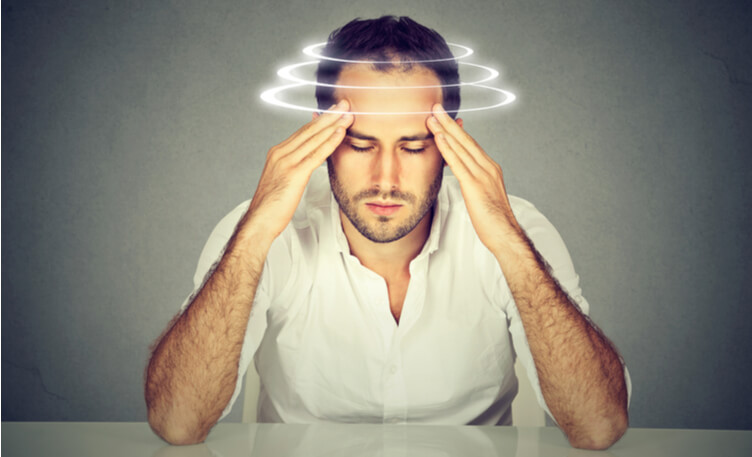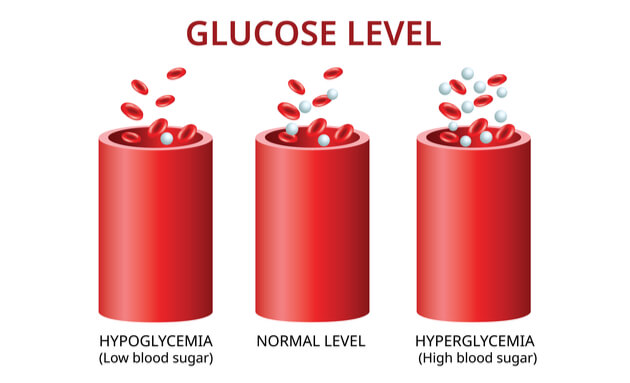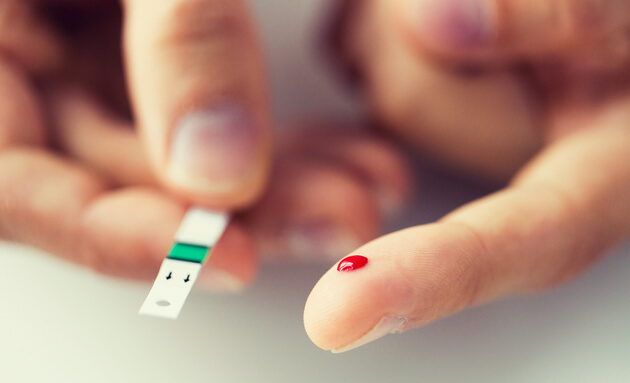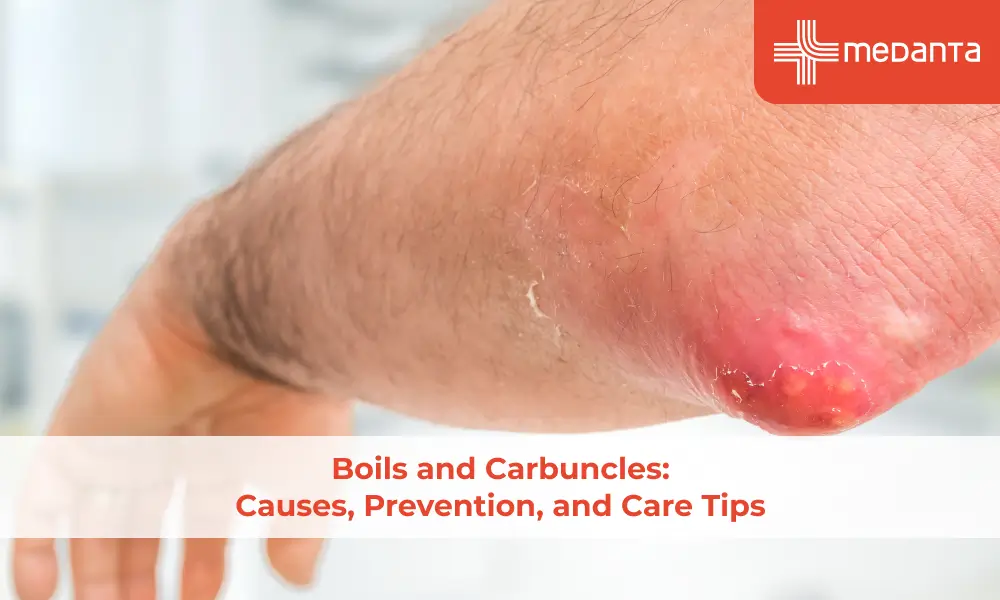Have Diabetes? Careful - You Could Also Get Low Blood Sugar.
Aug 16, 2019

Low blood sugar or Hypoglycemia - is one of the common side effects faced by people on diabetes medication. While sudden drops in your blood sugar can also be caused by other medical conditions, Here are 6 key things you need to know about the link between low blood sugar and diabetes.
I constantly feel tired and have headaches, especially when I'm hungry. What could it be?
- The above symptoms are classic symptoms of low glucose in your blood, also known as Hypoglycemia. Consult a physician immediately to investigate for any other complications.
I don’t have diabetes, nothing can be wrong with my sugar/glucose levels.

-
When your system runs smoothly, the body regulates and maintains blood sugar levels thanks to the work of insulin and glucagon.
However, when this goes off track, you could have higher blood sugar levels and be Hyperglycemic or have lower blood sugar levels (70 mg/dL (milligrams per deciliter or lower) and be Hypoglycemic. Chances of being Hypoglycemic are not as high if you don't have diabetes, but it can still happen if you have some other medical condition or a poor lifestyle.
How can one be diabetic and have low blood sugar levels?
- Diabetics can be hypoglycemic when their diabetes medication spikes their insulin levels (thus lowering their blood sugar levels). If such symptoms present themselves, immediately speak to your doctor to make any necessary changes to your medication.
What can cause blood sugar levels to drop?
- Here are a few factors that can lower the sugar levels;
- Excess alcohol consumption, which affects the functioning of the liver
- Medications for diabetes
- Liver or Kidney based diseases
- Pancreatic tumours
- Hormonal deficiencies in the pituitary or adrenal glands
- Eating disorders like anorexia
- Obesity
- Family history
How serious is Hypoglycemia?
- Hypoglycemia is not a disease but an indicator of other underlying health problems. Therefore, it needs to be investigated for its causes and treated immediately.
Hypoglycemic people can tend to lose their balance and strength which can lead to falls and injuries. You can also suffer from serious neurological damage like seizures, loss of consciousness or even death if your brain does not have access to glucose over longer periods.
Are there any ways to avoid Hypoglycemia?

- Here are some steps you can take to avoid Hypoglycemia.
- Do not overmedicate for diabetes
- Check your sugar levels regularly
- Be strict with your food and medicines schedule
- Exercise daily
- Eat healthy foods that have high protein and fibre. You can have complex carbohydrates but no refined carbohydrates or sugar-heavy foods.
- Never starve - if you cannot eat full meals, have smaller but more meals during the day. Plan this with your dietitian
- Give up alcohol






